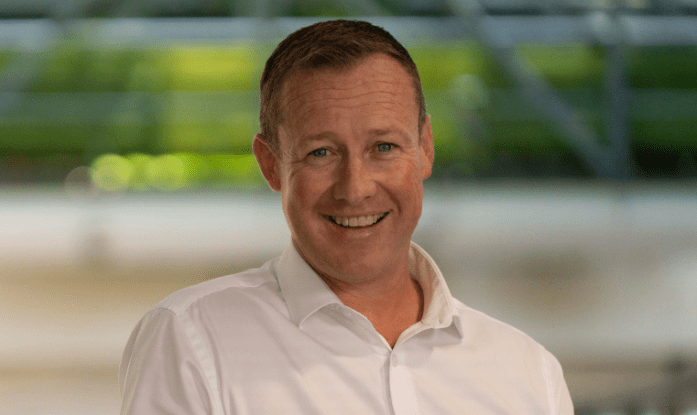New Zealand’s biggest health insurer lifts lid on annual results

New Zealand’s biggest health insurer lifts lid on annual results | Insurance Business New Zealand
Life & Health
New Zealand’s biggest health insurer lifts lid on annual results
“We delivered what we said we would do,” says CEO
Life & Health
By
Terry Gangcuangco
Southern Cross Health Society, which paid 88.4 cents in claims out of every dollar received in premiums in the year ended June 30 (FY23), has ‘delivered’, according to chief executive Nick Astwick (pictured).
The country’s biggest health insurer – a not-for-profit friendly society that covers one in five New Zealanders – released its annual results this morning. Highlights include the $1.295 billion paid out in claims from $1.466 billion of premium income. It was noted that the average rate of return among other Kiwi health insurers is 66 cents in the dollar.
For FY23, the Health Society reported a $5.4 million deficit as a result of its commitment to keeping the level of premium increases as low as possible during the period. Meanwhile the wider Southern Cross Health Society Group – which also includes life, pet, and travel insurance – incurred a deficit of $16.5 million. In FY22 the corresponding figure was a $90.1 million surplus, of which Astwick’s camp had committed to return to members.
Speaking with Insurance Business, the CEO said: “We’re a not-for-profit group, so from time to time we will have deficits. And this one was actually on purpose. Because we made $90 million last year, we signalled to our membership that we were going to give some of that $90 million back to our membership this year. That takes the form of a deficit.
“The health insurer made a $5.4 million deficit out of the $16.5 million, so we basically gave back to the members in the form of a small deficit this year. I’ve been here for seven years, and it’s only happened twice; the other five have been surpluses. So, over a period of five years we’re trying to make on average about $30 million or $40 million, which is what the Society needs to keep its capital reserves largely in place.”
Largest membership in 31 years
Another key statistic from the health insurer’s FY23 results is its members count, which grew by nearly 32,000 to reach 940,105. Of this total, a good chunk came from businesses that invested in health insurance for their staff.
Astwick told Insurance Business: “What we’re seeing is more members join us. We had more than 200 groups join us this year, which are businesses largely buying health insurance on behalf of their employees. We normally do 100 or less, so you can see that’s a big shift.
“We’re also seeing less members leave us. We put that down to a number of things. Health is more important to people nowadays than it was probably pre-COVID. Also, employees are really valuing health insurance. It’s like flexi-working, in that health insurance is a key part of the employee proposition. So, businesses are listening and investing.”
Additionally, the chief executive cited the troubles in the public system that are pushing New Zealanders to secure access to care. Combining the above, according to Astwick, is “really driving attractiveness and the relevance” of what the Health Society offers. It’s perhaps no surprise then that the insurer’s membership is its biggest since 1992.
“Largely, we delivered what we said we would do,” Astwick said during his interview with Insurance Business. “These were solid results, albeit there’s a deficit there. I think what we look forward to is good steady growth. That’s really important to us, to get net membership growth. We have to earn that, but that is an absolute priority.
“Secondly, on behalf of our members, the affordability of their premiums is critical. So, we’re going to do a little bit more in prevention rather than just treatment. You’re going to see us be a lot more active with our members and our healthcare providers to prevent high-cost things from happening earlier in the cycle and actually have more affordability options.
“Also one thing we are going to focus a lot more on in the coming years is making our members aware of how they can live healthier lives and not just be there when they’re sick. So, you’ll see a lot more from Southern Cross around trying to increase the health span – the number of years you have that are healthy – and making our members aware of that.”
In FY23, the Health Society compensated 3.4 million claims, paying over 72% of the value of all health insurance claims paid in New Zealand.
Related Stories
Keep up with the latest news and events
Join our mailing list, it’s free!






